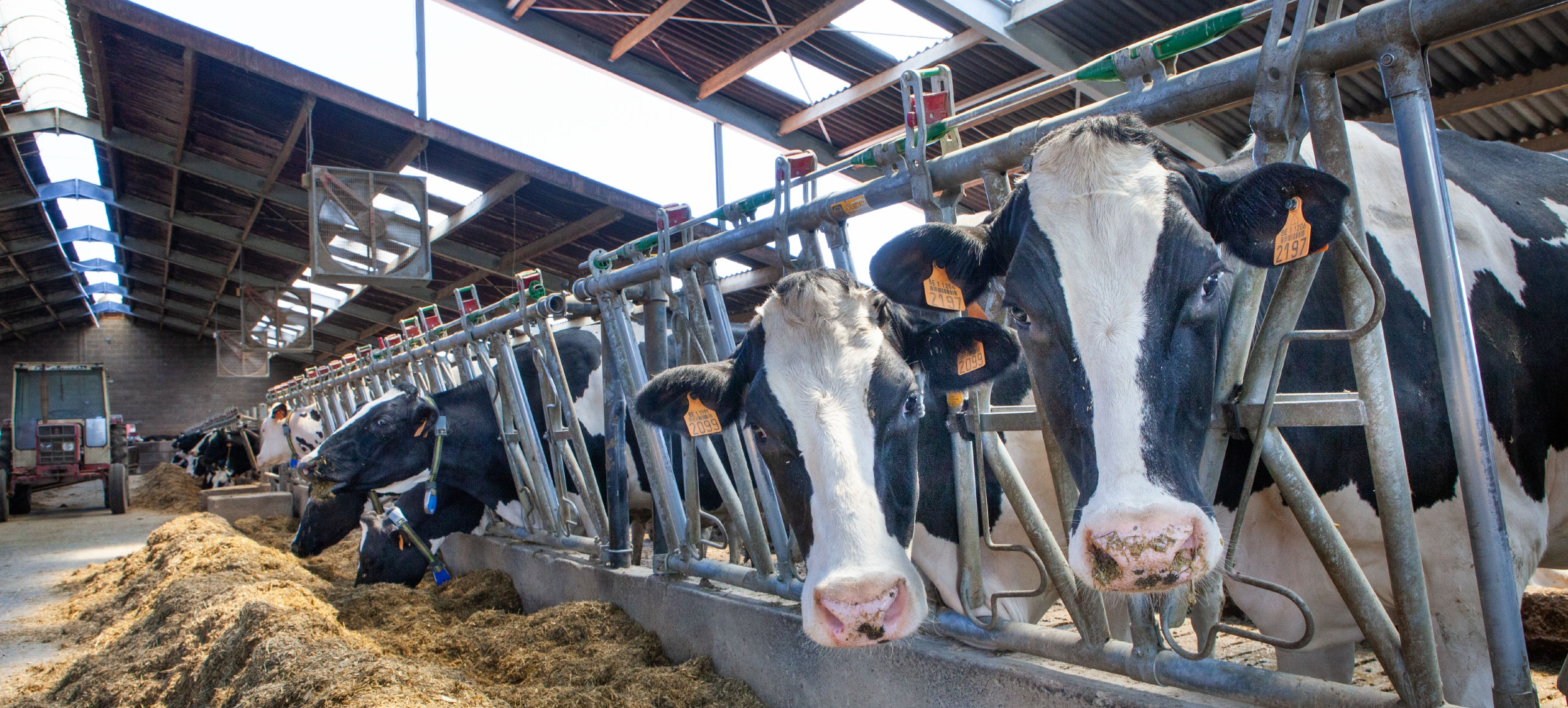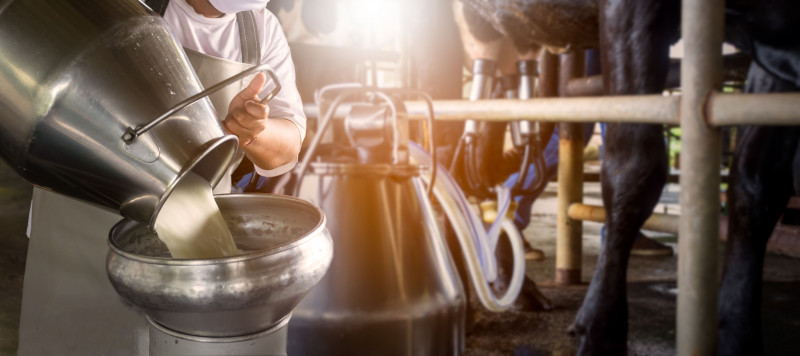The dairy sector continues to take important steps towards sustainability, as shown by the latest sustainability report from MilkBE, the branch organisation of the dairy sector. The latest results for 2020 show that the actors from the dairy sector has already come a long way: 96% of all Belgian dairy farmers voluntarily participate in the Sustainability Monitor and a dairy farm takes on average 20 supplementary sustainability initiatives. In 2014, there were only 9. That is a twofold increase in 6 years.

96% of dairy farmers participate
Since 2014, the dairy sector has been monitoring sustainability within the 3 links of the chain: on the dairy farm, during transport and during processing. Participation in the Sustainability Monitor is optional, and yet more than 96% of all Belgian dairy farmers participate. What does it show? On average, a dairy farmer takes 20 of the 42 possible sustainability initiatives. In 2014, there were only 9 out of 35. Dairy farmers have made great efforts in recent years in different areas such as animal welfare, energy, environment and water. A few examples:
- 39% of the dairy farmers produce their own sustainable energy (at least 4,000 KWH/year) via solar panels, a pocket digester or a windmill
- 60% of dairy farmers have a cow brush in the barn
- 52% use alternative water sources
- 61% feed co-products from the food industry (such as beer marc or beet pulp)
These efforts are also visible in the five-yearly study on the carbon footprint of raw milk, which over the past 20 years has decreased by 30% to about 0.93 kg CO2-eq./kg raw milk. In addition to making an inventory and following up on sustainability, the Sustainability Monitor is also an important tool in raising awareness and benchmarking individual dairy farmers and dairy processors against the national average.

Dairy processors focus on water reuse
In addition to dairy farming, the Sustainability Monitor also monitors various parameters at the level of transport to the dairy company, such as fuel consumption (-10% since 2011) and the emissions of milk collection trucks. For example, 84% of the collection trucks meet Euronorm 6, the highest possible emission standard.
Within the processing itself, the CO2 emissions are monitored (-30% between 2011-2020) and the energy consumption (-24%) and water consumption (-34%) per litre of processed milk have dropped considerably over 10 years. In recent years, dairy processors have made remarkable efforts to reuse water: approximately 35% of the water used comes from alternative sources such as purified wastewater and collection of condensate after pulverising milk or rainwater.
Working on further sustainability
MilkBE continues to work on the sustainability of the dairy sector and wants to contribute to the realisation of the European Green Deal. MilkBE is also working on a thorough upgrade and digitalisation of the Sustainability Monitor, with more attention for climate (including methane-reducing measures) and animal welfare. Furthermore, the increasing budget for investments (137 million euro in 2020) within the dairy industry proves that the innovations and increase in sustainability continue in this link of the diary supply chain as well.

